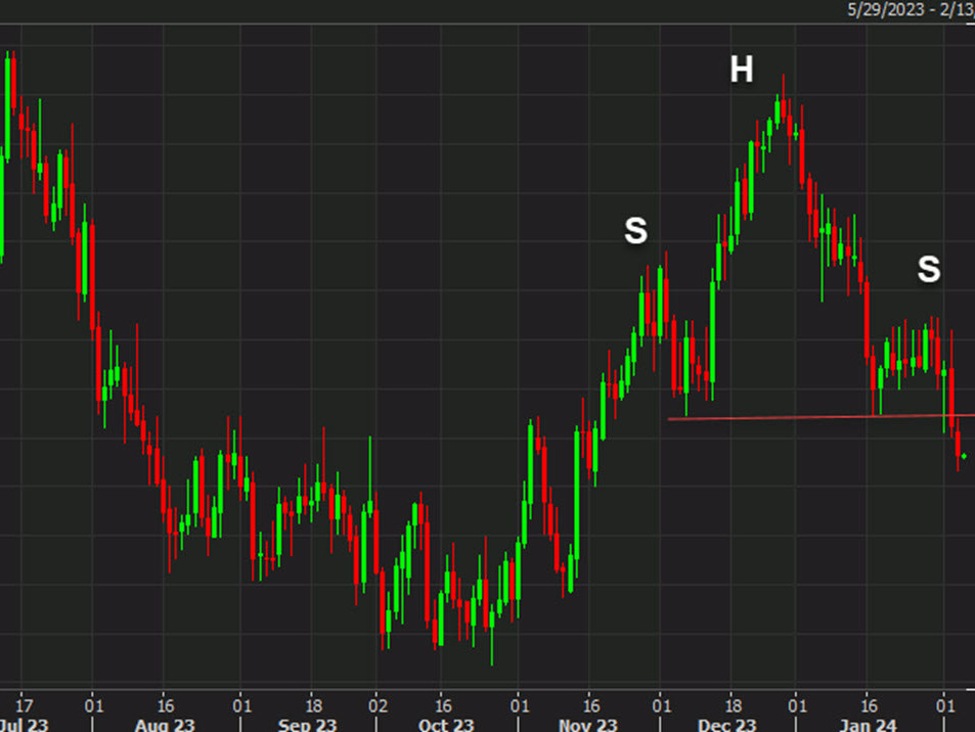ECB Excriva says:
- Euro’s recent appreciation was a surprise.
- More difficult to predict how tariffs impact inflation
A stronger currency tends to lower inflation. This happens because imported goods and services become cheaper in local currency terms, which reduces input costs for businesses and lowers prices for consumers.
At the same time, the cost of imports declines, making foreign goods more attractive to domestic consumers and businesses. This typically leads to an increase in import volumes. While this can benefit consumers through lower prices and more choices, it may widen the trade deficit if the increase in imports is not offset by a corresponding rise in exports.
On the export side, a stronger currency makes domestic goods more expensive for foreign buyers. This reduces the competitiveness of a country’s exports in global markets, which can lead to a decline in export volumes, particularly for price-sensitive goods.
Higher tariffs on exported items suppress exported goods if the price of goods are passed onto the consumer.
ForexLive.com
is evolving into
investingLive.com, a new destination for intelligent market updates and smarter
decision-making for investors and traders alike.














